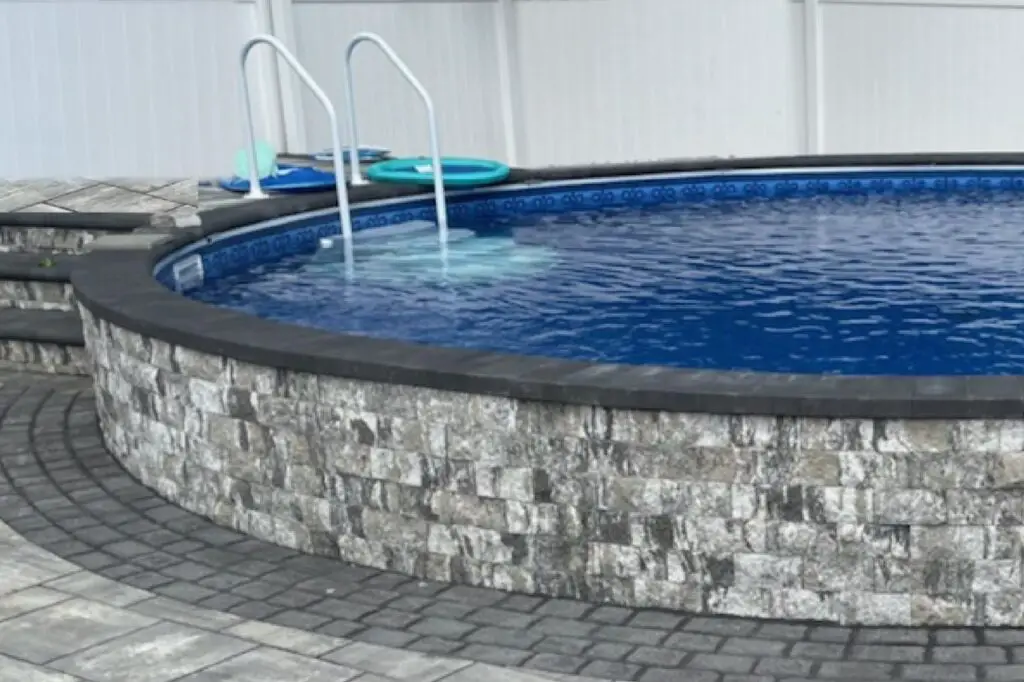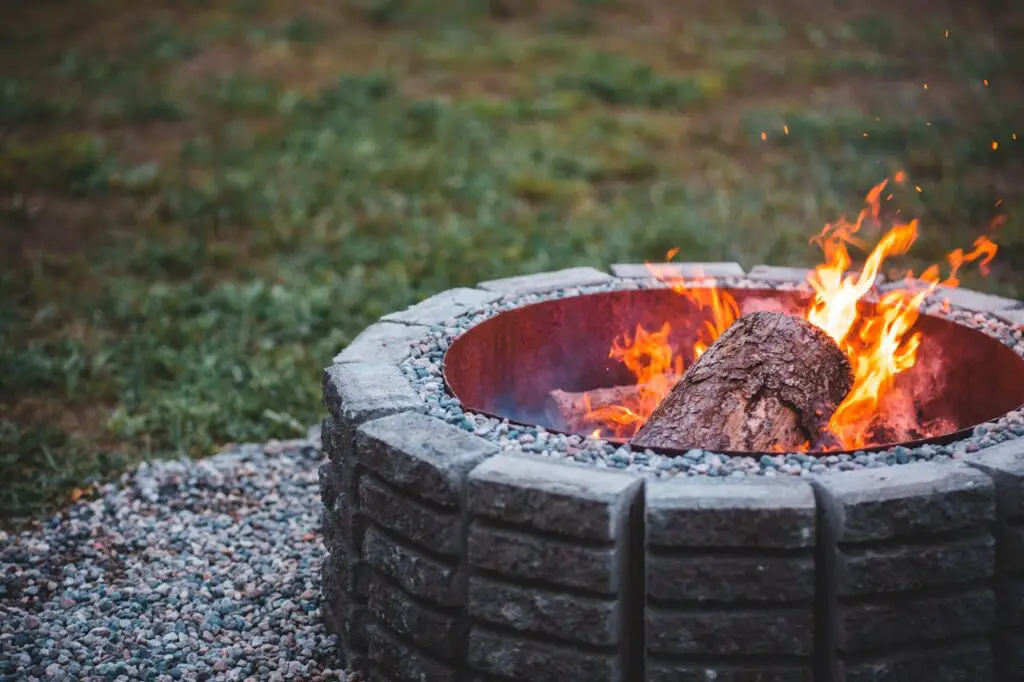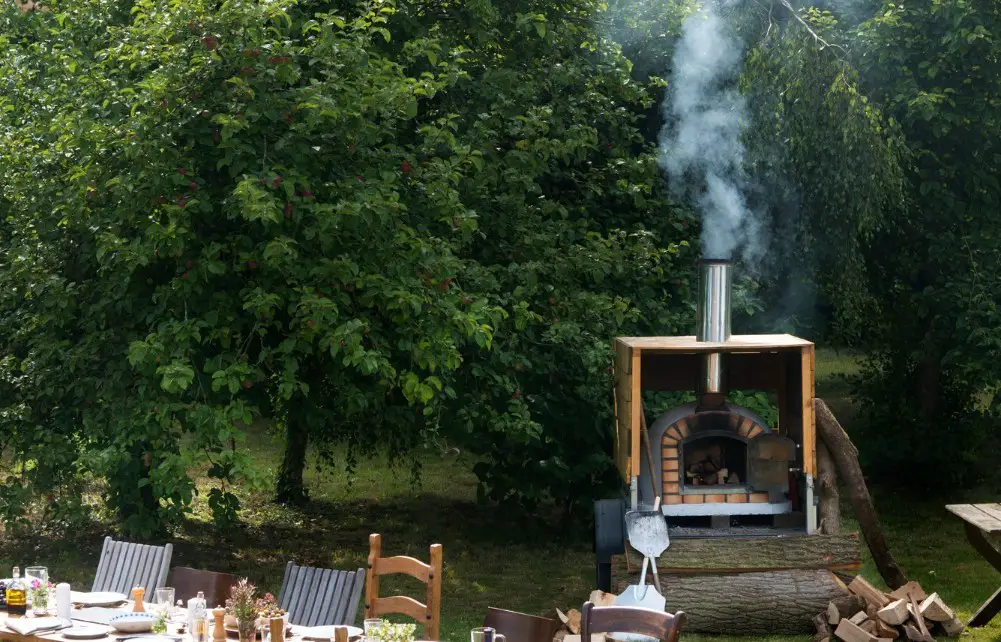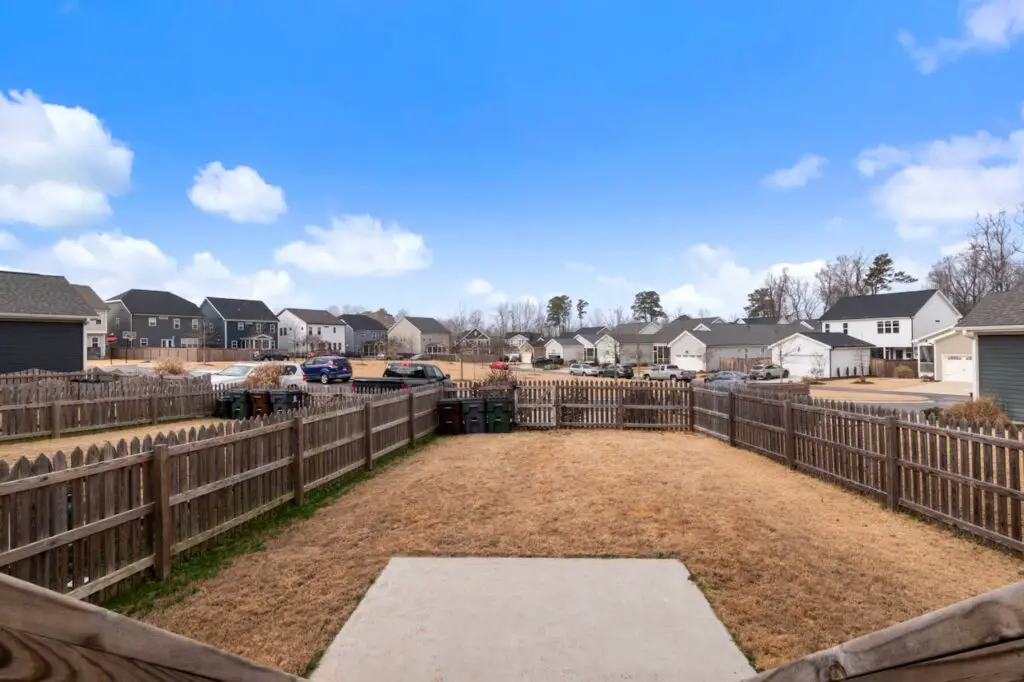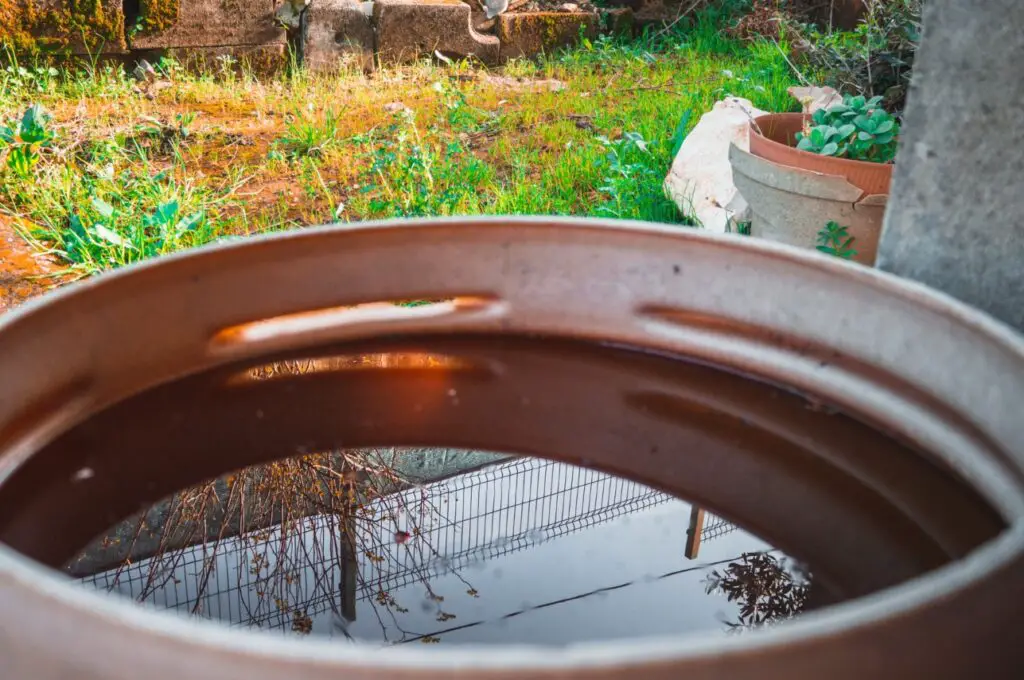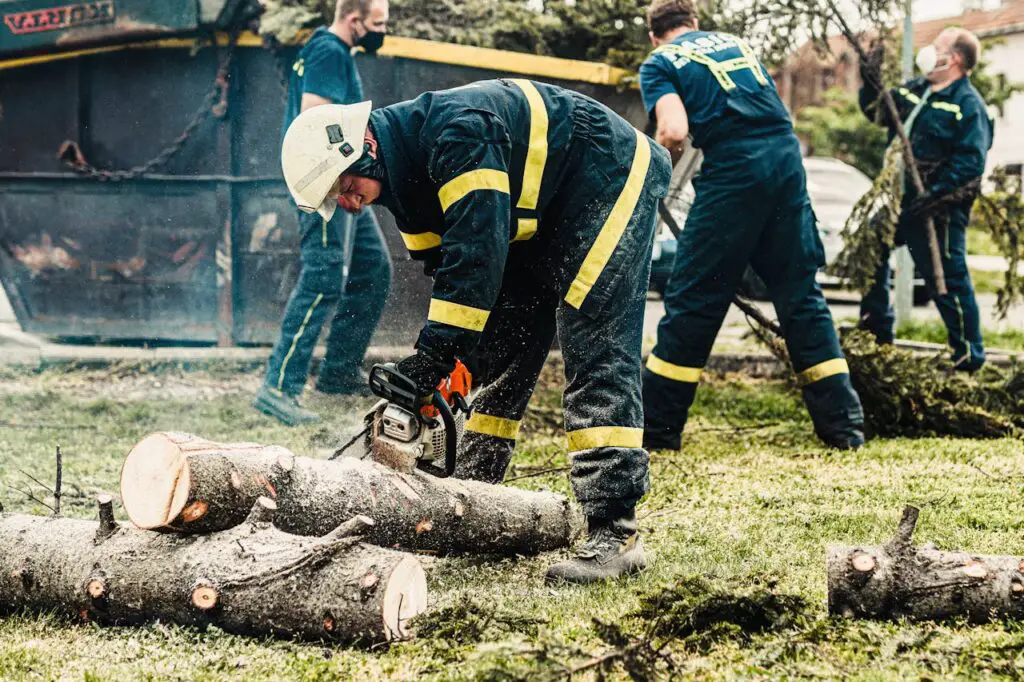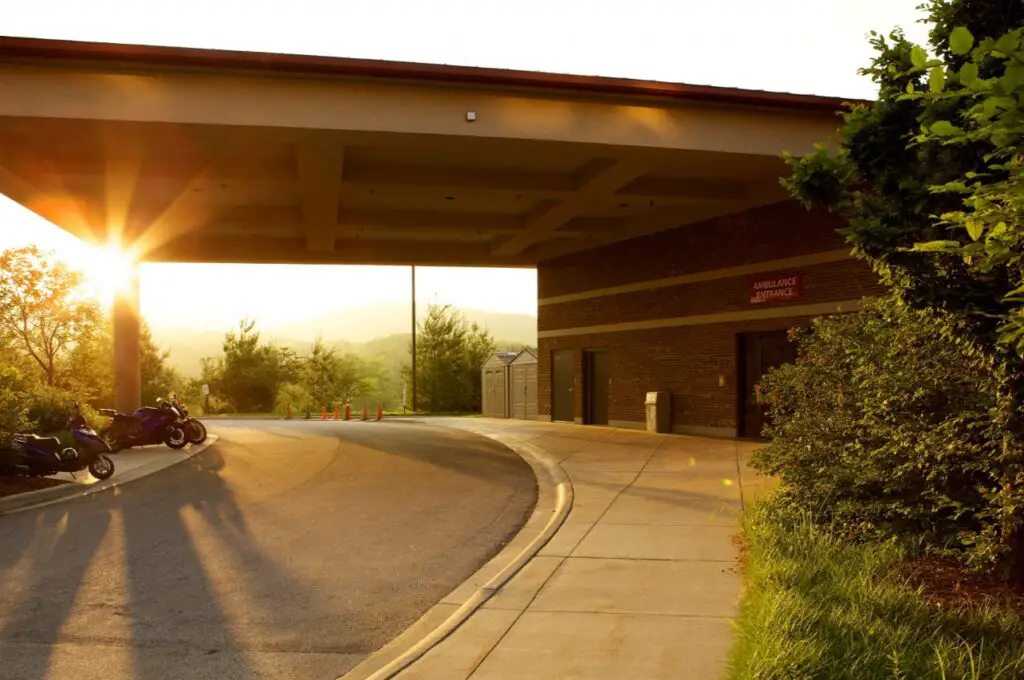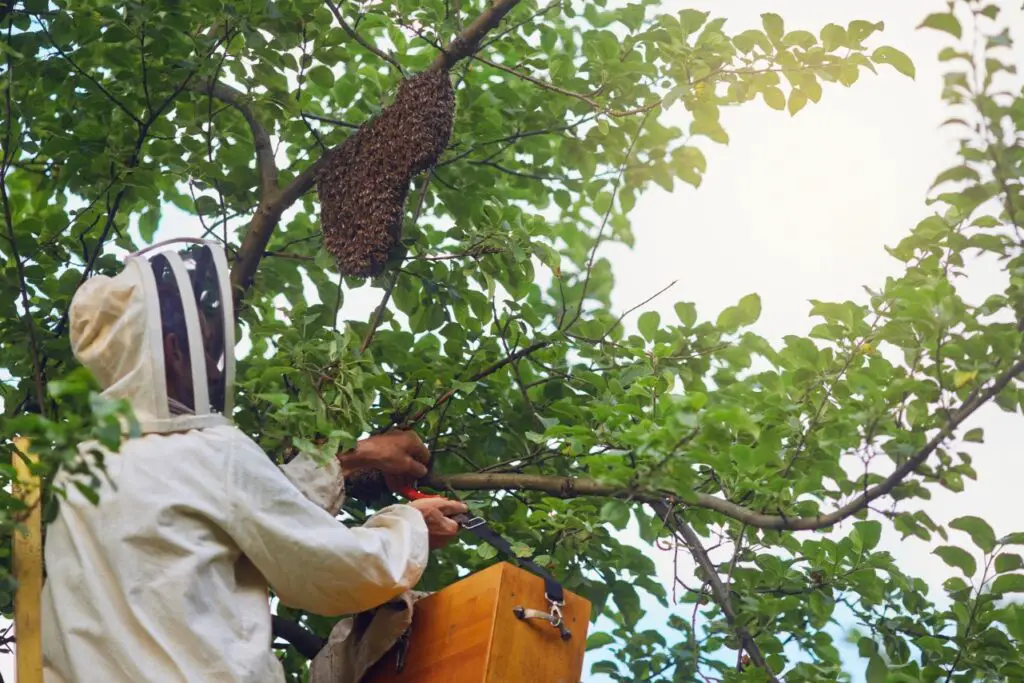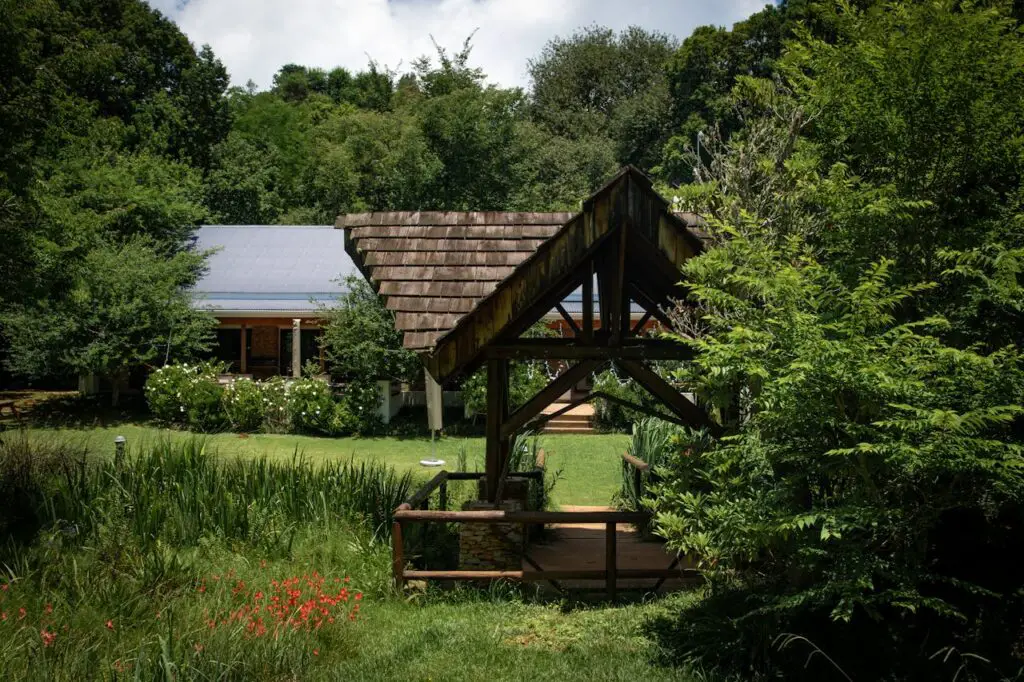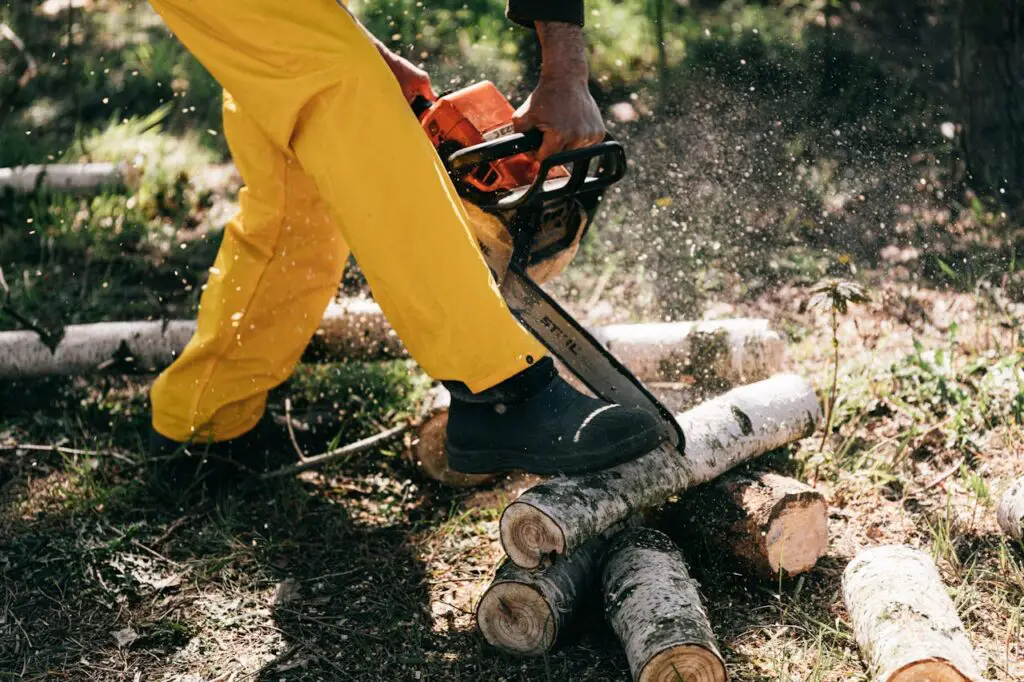Your backyard is your private sanctuary, a place for relaxation, entertainment, and personal expression. However, it’s easy to overlook the fact that some backyard features, once considered standard, have now become illegal in certain parts of the US. Whether it’s due to safety concerns, environmental impact, or zoning laws, some features are no longer permissible. Here are 12 surprising backyard features that are now illegal in the US. Before you start planning your next backyard project, make sure you’re up-to-date on the regulations in your area.
1. Above-Ground Pools Without Proper Permits
Above-ground pools are a favorite for many homeowners looking to enjoy the water without the expense of an in-ground pool. However, in many places, installing an above-ground pool without the proper permits is illegal. Local authorities often require pools to meet specific safety standards, such as having secure fencing and meeting depth regulations. Without the right permits, you could face hefty fines or even be required to remove the pool entirely. Before setting up a pool, make sure to check with your local zoning office to ensure compliance.
2. Invasive Plant Species
Invasive plant species are non-native plants that can spread rapidly and disrupt local ecosystems. Some of these plants, such as kudzu or Japanese honeysuckle, can choke out native plants, harm wildlife, and even damage infrastructure. To prevent the spread of these harmful species, many states have enacted laws banning the planting of certain invasive species in residential areas. It’s crucial to check with your local extension office or gardening center to ensure that the plants you’re considering for your garden aren’t on the banned list.
3. Fire Pits Without Safety Features
Fire pits are a popular backyard feature, especially during cooler months. However, many cities and towns have specific regulations regarding the use of fire pits. In some areas, fire pits are required to be a certain distance away from structures, fences, or trees to minimize fire hazards. Additionally, some municipalities require fire pits to have safety features, such as a metal mesh screen or a stone ring, to contain the flames. If your fire pit doesn’t meet these safety standards, you could be fined or asked to remove it.
4. Outdoor Wood Boilers
Outdoor wood boilers are used to heat homes by burning wood, and while they may seem like an environmentally friendly option, they can have significant environmental impacts. These boilers release large amounts of smoke and particulate matter into the air, which can contribute to air pollution and negatively affect air quality. As a result, many states have implemented laws that ban or heavily regulate outdoor wood boilers, particularly in densely populated areas. If you’re considering using one of these systems, it’s essential to check local regulations to ensure they are allowed in your area.
5. Unapproved Fencing
Fences can provide privacy and security, but not all fences are created equal in the eyes of the law. Many cities have zoning laws that regulate the height, location, and materials used for fences. For example, fences in front yards are often restricted to a certain height, and certain materials may be prohibited due to aesthetic concerns or safety reasons. Installing a fence without the proper permits or exceeding the height restrictions can result in fines or the need to remove the fence entirely. Always check with your local zoning office before installing a new fence.
6. Unregulated Rain Barrels
Rain barrels are an eco-friendly way to collect water for gardening, but they are subject to regulation in some areas. In certain states, rain barrels must be covered to prevent the breeding of mosquitoes, and they must be properly connected to your home’s plumbing system. Additionally, some cities have regulations regarding the amount of water that can be collected and stored. Failing to comply with these rules could result in fines or other penalties. If you’re thinking about setting up a rain barrel, make sure you’re aware of the specific regulations in your area.
7. Illegal Tree Removal
Removing trees from your backyard might seem like a simple task, but in many areas, it’s illegal to remove certain trees without a permit. This is particularly true for large or protected trees, which may have environmental, aesthetic, or historical significance. Local governments often regulate tree removal to preserve the landscape, prevent soil erosion, and protect wildlife habitats. If you plan to remove a tree, be sure to check with your local authorities to determine if a permit is required. Failure to comply with tree removal laws can result in fines or the obligation to replant a tree.
8. Certain Outdoor Lighting
Outdoor lighting can enhance the beauty and security of your backyard, but excessive lighting can be a violation of local ordinances. Many cities have passed laws to reduce light pollution, particularly in residential areas. These laws limit the brightness of outdoor lights and require them to be directed away from neighboring properties. If your outdoor lighting is too bright or causes light to spill over into other properties, you could be fined or ordered to remove or adjust your lights. Always check your local regulations before installing outdoor lighting.
9. Illegal Composting Practices
Composting is a great way to reduce waste and create nutrient-rich soil for your garden, but not all composting methods are legal. In some areas, large compost piles or composting practices that attract pests can be prohibited. Additionally, certain materials, such as meat, dairy, or oils, may not be allowed in compost piles due to their potential to create health hazards. To avoid legal issues, it’s essential to follow local composting guidelines and ensure that your composting practices don’t violate any regulations.
10. Overly Large Driveways
Expanding your driveway to accommodate more vehicles might seem like a practical idea, but in some areas, it’s illegal to pave too much of your front yard. Large, paved driveways can contribute to stormwater runoff, which can cause drainage problems and damage the local environment. Many cities have zoning laws that limit the amount of impervious surface (such as pavement) that can be installed on a property. If you’re planning to expand your driveway, check with your local zoning office to ensure it complies with local regulations.
11. Illegal Backyard Hunting or Trapping
Hunting and trapping in your backyard may be illegal, even if you’re dealing with pests. Many cities and towns have ordinances that prohibit the use of firearms, traps, or other hunting equipment within residential areas. These laws are in place to protect public safety and prevent accidents. If you need to control pests in your backyard, it’s essential to use humane methods and check with local authorities for guidance on legal pest control options.
12. Illegal Backyard Structures
Backyard structures, such as sheds, gazebos, and pergolas, can enhance your outdoor living space, but they may require permits. Many cities have zoning laws that regulate the size, location, and design of backyard structures. For example, certain structures may need to be a specific distance from property lines or may require approval from a homeowners’ association. If you build a structure without the proper permits or fail to meet zoning requirements, you could face fines or be required to remove the structure.
Final Thoughts
While your backyard is a place for personal expression and enjoyment, it’s important to stay informed about local laws and regulations. Features that were once common, such as above-ground pools or fire pits, may now be illegal or subject to strict regulations in many parts of the country. Before making any changes to your backyard, be sure to research local laws and obtain the necessary permits to avoid fines or legal complications. By staying compliant with these regulations, you can enjoy your backyard while ensuring safety and environmental responsibility.


